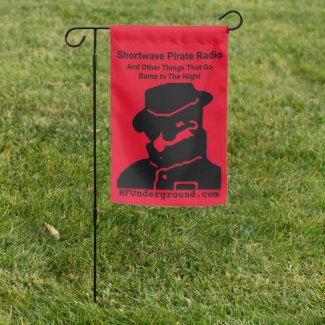Lina Chawaf has spent the past two years watching her friends disappear in Syria. Some were killed, others imprisoned. Many, like Chawaf, were journalists.
"Real journalists can't work in Syria," Chawaf, 43, explained over coffee in Paris last week. She's been living here in exile for the last two months, after having fled her native Damascus more than a year ago. She spent 20 years working as a journalist in Syria, but left for Canada once President Bashar al-Assad began tightening control over the media following the outbreak of civil war in 2011.
"Now, if you say or write anything that the government doesn’t like, they will arrest you or kill you," she said. "I couldn't cooperate with that. Everyone has a conscience."
...
Late last month, she and a team of five Syrian journalists launched Radio Rozana — a station that aims to bring objective and independent reporting to Syrian listeners. The Arabic-language station gathers news from a network of undercover journalists on the ground in Syria, and broadcasts two hours of news, commentary, and interviews every day via satellite and on its website.
For now, the operation is fairly modest. Chawaf and her team broadcast from a small apartment in north Paris, and rely exclusively on funding from French government agencies, Reporters Sans Frontieres (RSF), and other European nonprofits. But Rozana is still in a fledgling phase, and Chawaf hopes to see an increase in listeners when the station launches on FM radio in the near future.
Full article:
http://www.theverge.com/2013/7/8/4504000/radio-rozana-takes-on-syria-internet-censorship-war-propaganda



